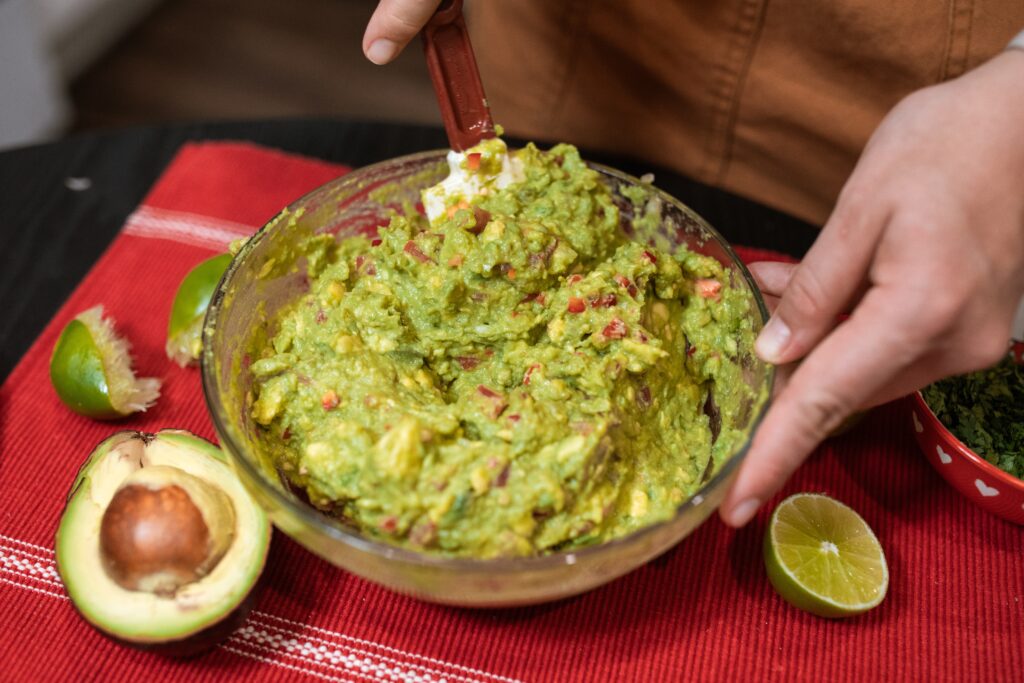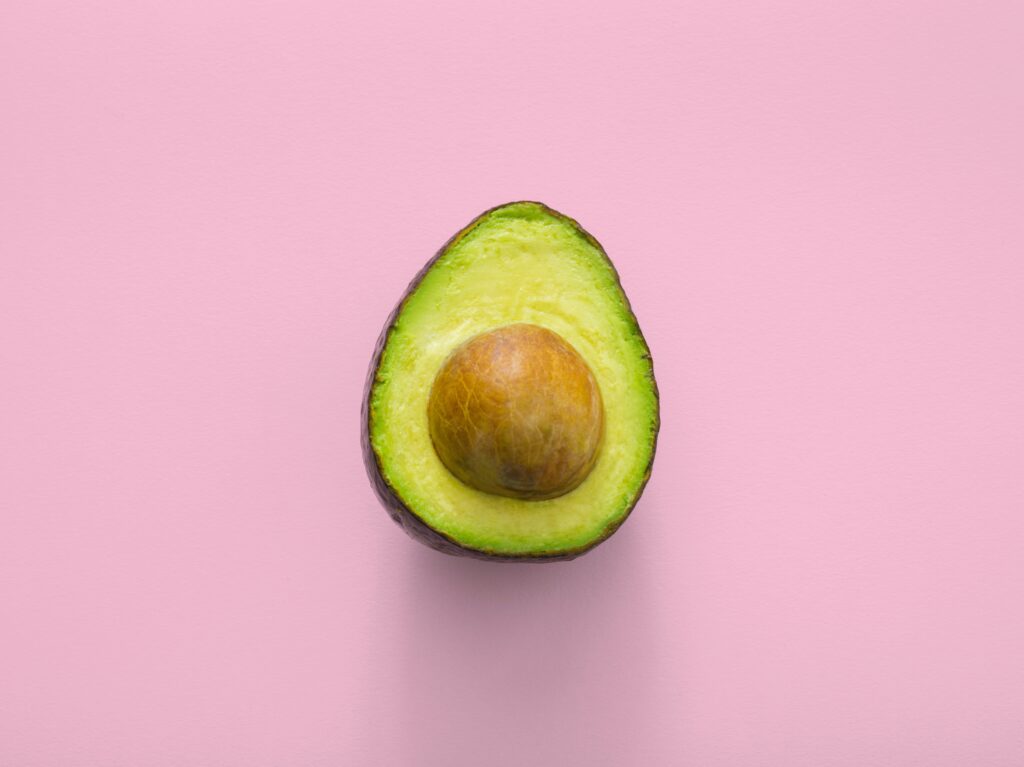Are fats good or bad for me? This is a very common question and is quite confusing given there are so many types of fats. Saturated fats, “trans” fats, non-fat, low-fat, the list goes on and it’s no wonder we are all a little mystified over fats. So, what are we to believe?
Separating fact from fiction when it comes to fats
Myth: Fat on our lips means fat on our hips, right?
Fact: The right kinds of fat does not make you fat, period.
A 2012 Harvard study found that eating the right kinds of fat actually speeds up your metabolism and helps you lose weight.
Myth: Eating saturated fat clogs arteries and increases risk of heart attack.
Fact: Saturated fats are not the enemy but “trans” fats are.
The US Dietary Guidelines have encouraged Americans for years to reduce their fat intake by reducing their intake of animal fats such as butter with industrialized processed hydrogenated vegetable oils which are “trans” fats.
Heavily processed, hydrogenated “trans” fats used in prepared, packaged foods can be extremely damaging to the body. They can compromise the cardiovascular system, immune system, and contribute to behavior problems. They can also lead to weight gain, skin breakouts, high blood pressure, and liver strain.
On the other hand, saturated fats from whole foods, butter and coconut oil have been found to promote hormone and immune function.
Myth: Vegetable oils are better for you than animal-based oils.
Fact: Refined vegetable oils promote inflammation and contribute to weight gain.
Vegetable oils such as canola oil, corn oil, safflower oil, soybean oil and margarine are high in omega-6 fats which increase inflammation and contributes to heart disease and weight gain.
Myth: If you’re looking to lose weight it is best to follow a low-fat diet.
Fact: If you’re looking to lose weight it is best to follow a low-glycemic, high-fat diet.
The truth is, low-fat diets tend to be high-glycemic and high-fat diets tend to be low-glycemic. Healthy fats help us feel satiated and because they do not contain glucose, they do not cause a spike in blood sugar levels. Eating unrefined fats from plants and animals reduces heart disease, diabetes and obesity.
Where to Find Healthy Fats
- Avocados, olives, and coconuts are great sources of healthy fat, along with wild salmon and omega-3 rich organic pasteurized eggs.
- Whole nuts and seeds, and their butters like almond butter.
- Olive oil, avocado oil, coconut oil and ghee are a few of my favorites. Look for the highest-quality organic oils when shopping. Words to look for: organic, first-pressed, cold-pressed, extra-virgin, and unrefined. Avoid expeller-pressed, refined, and solvent extracted.
How to Use Healthy Fats
- Always pair your vegetables with a healthy fat. The nutrients in vegetables are fat-soluble and your body cannot absorb the nutrients unless a healthy fat is present. So, drizzle ghee over your steamed veggies or sauté your vegetables in olive oil.
- For cooking at high temperatures (stir frying and baking), try butter, ghee (clarified butter), or coconut oil.
- When sautéing foods, try organic extra virgin olive oil.
- Oils like flaxseed, sesame, toasted sesame, walnut, and pumpkin seed are best used unheated in sauces or dressings.
Try this delicious, easy recipe:

Avocado Dip
Prep Time: 3 minutes
Makes 1 cup
Ingredients:
1 large peeled and pitted avocado
2/3 cup plain grass-fed yogurt, coconut yogurt, or almond yogurt
1 diced tomato
a squirt of lemon or lime juice
dash or two of cayenne pepper
sea salt and black pepper
Directions:
- Mash avocado with a fork until very smooth.
- Add yogurt, tomato, cayenne. Blend until smooth. This may be done in a food processor, in a blender, or with a fork.
- Add sea salt and fresh black pepper to taste.
- Serve chilled with mixed raw vegetables.
Tip: Best made a maximum of 1 hour before serving.

